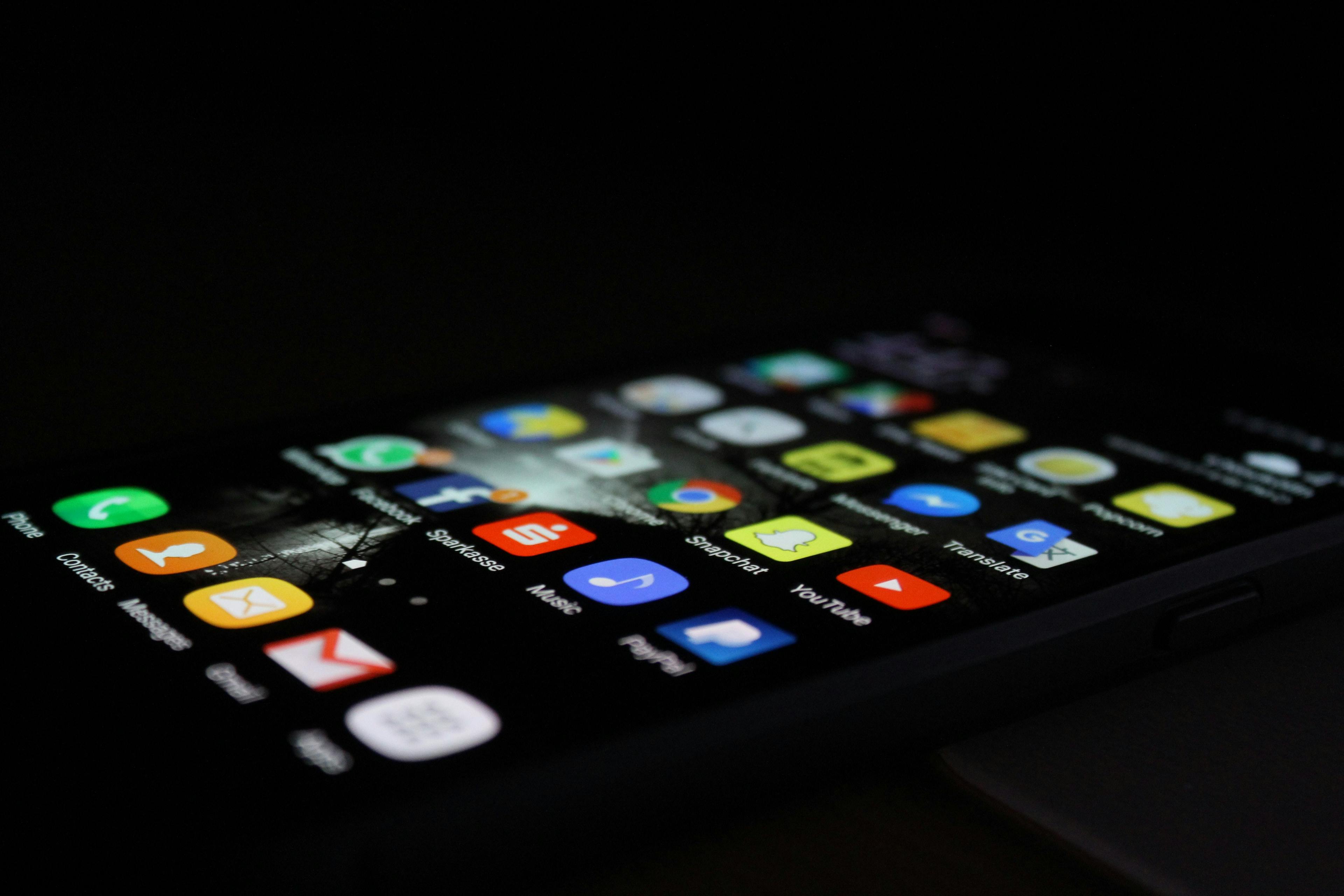Be a Detective
How can we know what's real and what's not? How can we make sure we're not fooled? Here are a few tips.

The next time you're scrolling through your social media feed, ask yourself: Is this real? Is it biased? Is it something you should share with others? This is a muscle we need to develop increasingly as we navigate a digital jungle. So:
Be a detective. When you come across a piece of information, ask yourself: Who created it? What is their purpose? What evidence are they using to support their claims?
Don't believe everything you see. Just because something is published online doesn't mean it's true. Do your research to verify information before sharing it with others.
Be aware of your own biases. We all have biases, and it's essential to be mindful of how they can influence our interpretation of information.
Be a responsible digital citizen. Think carefully about the information you share online. Be mindful of the potential impact of your words and actions on others.
Interested to learn more?
Sign up today to get notified on the future of communication and AI
More from the blog
The Luka Press Club, Democratizing Storytelling Through NFTs
The Luka Press Club envisions an NFT storytelling ecosystem where stories are democratized, stories are trusted, and storytellers are rewarded.
Will Journalists Use Blockchain to Determine What's Real and What's Not
How blockchain could be the key to authenticating content like video and photos and countering disinformation
The Lakes Every Reporter Should Know: Data Lakes
We may no longer simply report the news. We must analyze the information that we are using in order to say what has occurred factually.
The Newsroom of the Future
Newsrooms of the future will need to operate, in part, as an intelligence agency in order to manage the challenges posed by Artificial Intelligence